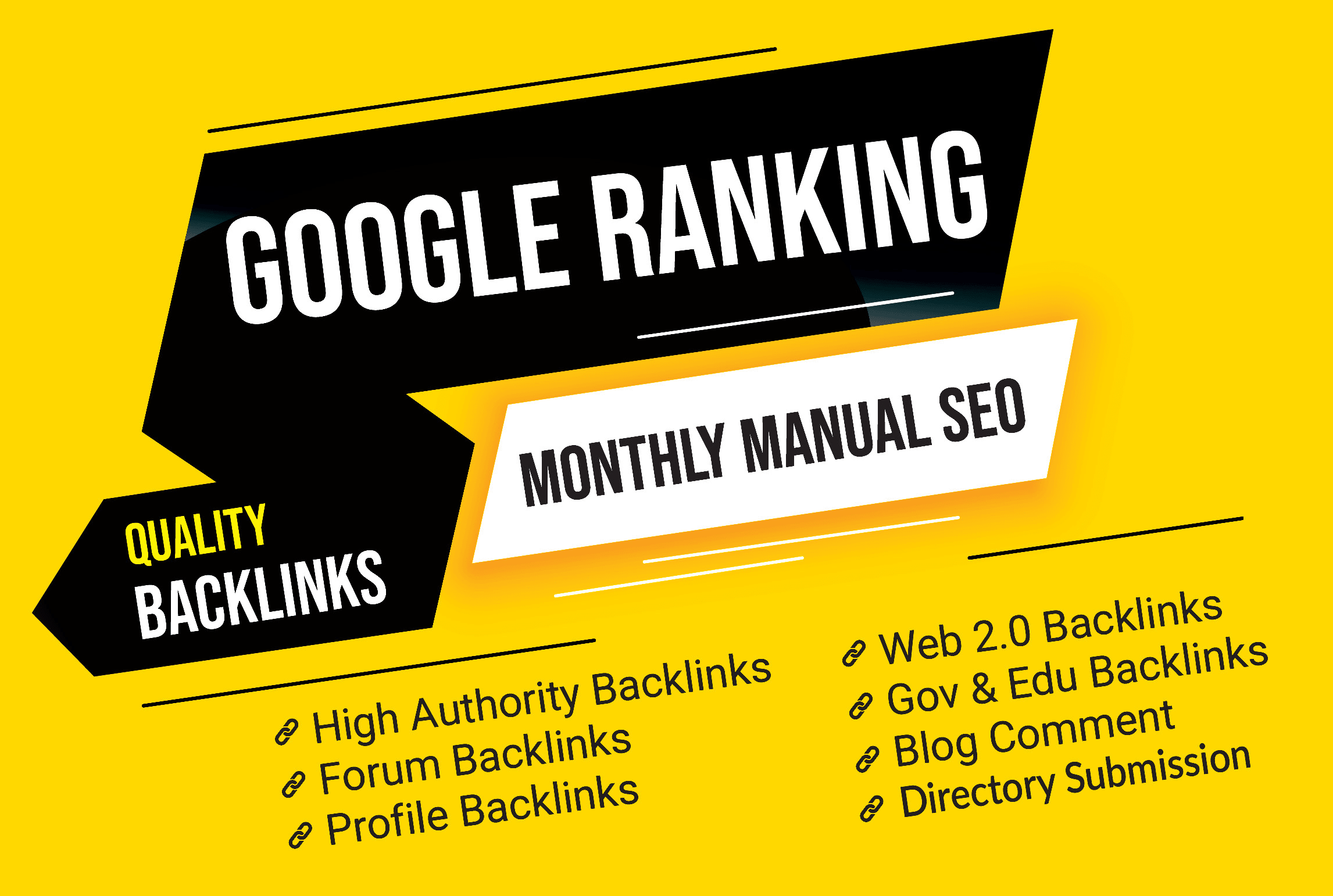Green Construction Focuses On Energy Efficiency
Once considered too costly, and even a niche for radical environmentalists, green constructing is fast turning into a part of the new normal. Green development focuses on vitality effectivity, reuse of water and building materials, and designs and programs that do not harm the surroundings. But via the years, so-referred to as “inexperienced” architects, builders and engineers, both in partnership or at odds with native and nationwide building code councils, have had to construct without definitive inexperienced pointers. Innovations led to reviews and infrequently rejections of plans, and some eco-mavericks just constructed exterior the normal codes altogether. If there have been green constructing laws in place, they may set the usual for what to not do, and lay the groundwork for successful models for builders to observe. Currently, there are efforts underway to try to set uniform requirements. The International Code Council, for example, has been working on a world Green Construction Code (IGCC) since 2009 and is ready to publish the code in 2012, with new inexperienced business laws.
It is going to embody the National Association of Home Builders (NAHB) 2008 residential tips, as nicely. Another internationally recognized certification program, LEED — Leadership in Energy and Environmental Design — has been raising the inexperienced bar since 1998 by recognizing distinctive buildings and communities. And regional and community organizations similar to EarthCraft House in Atlanta, and Built Green in Seattle, are examples of green movements within existing codes at the native stage. Systems for bringing in clear water and removing wastewater date again thousands of years and work seamlessly within the background of our lives. Green plumbing is evolving, and utilizing grey water and rainwater recovery systems, typically with photo voltaic heating elements, is a part of the specialized inexperienced training for plumbing professionals. While traditional building code violations include points with line pressure and pipe supports, water heaters and venting, an added issue in inexperienced plumbing inspection often comes in paper slightly than water type: permits.
New technologies in green constructing embody fixtures, set up and techniques that are off the charts in the case of constructing code inspection. Many sustainable features fall within “special project” guidelines and the flexibleness of an inspector. Before connecting pipes and fitting fixtures for greener waters, get the native permits and papers so as to keep away from costly do-overs or retrofittings. Some locales, for instance, mandate the place you get your water, meaning you could also be restricted from utilizing gray water. Plans for extra inexperienced plumbing guidelines are in the works, but builders want to test the waters for compliance within the meantime. Ventilation systems in inexperienced properties can vary from the usual heating, ventilating and air conditioning (HVAC) methods in more conventional houses. There are inexperienced HVAC methods, however separating the air conditioning and relying on the mechanics of moving air is one way that a inexperienced home can violate normal constructing codes. Often massive air conditioning models and furnaces do the work of removing scorching air from rooms and retaining scorching air in rooms, relying on the seasonal wants.
Many HVAC items are Energy STAR permitted and are already code-compliant for efficiency. Green mechanical programs, however, regulate temperature and moisture inside rooms, however they accomplish that by utilizing exterior air and air circulation moderately than air conditioning, which depends closely on electricity. Making them compliant with codes for indoor air quality might be a bit difficult, though, because in contrast to conventional HVAC units, requirements for outputs or inputs of natural air and heat primarily based on square footage aren’t broadly recorded in codebooks, yet. Not sure what codes cover your a part of the nation? A regional map at the Environmental Protection Agency (EPA) offers hyperlinks to sources for particular parts of the United States. Anyone who has lived in a drafty outdated home or house is aware of what happens to warm and chilly air inside when there’s too little insulation and too many cracks and gaps: The air escapes, resulting in wasted vitality.
Improving vitality effectivity is a big a part of inexperienced building stewardship, however having a tightly insulated building envelope can stop or impede proper air stream inside. Homes with natural air ventilation programs have windows, of course, so individuals can regulate the air. But if the homes stay closed up, the insulation usually is so environment friendly that clear, new air from the outside would not are available in by itself, which might result in unhealthy, stale air inside. Furnishings made with chemicals and allergens from pets are simply two aggravating factors when air is stagnant. Having mechanical exhaust programs, particularly in areas with lengthy scorching or chilly seasons and many time with windows closed, is crucial for healthy indoor air. If building a green dwelling from the ground up, local codes and the ground itself are good locations to start out. Finding a design and materials that match what you hope to attain in sustainable dwelling is a solid starting point, but where you construct has loads to do with how you build.








